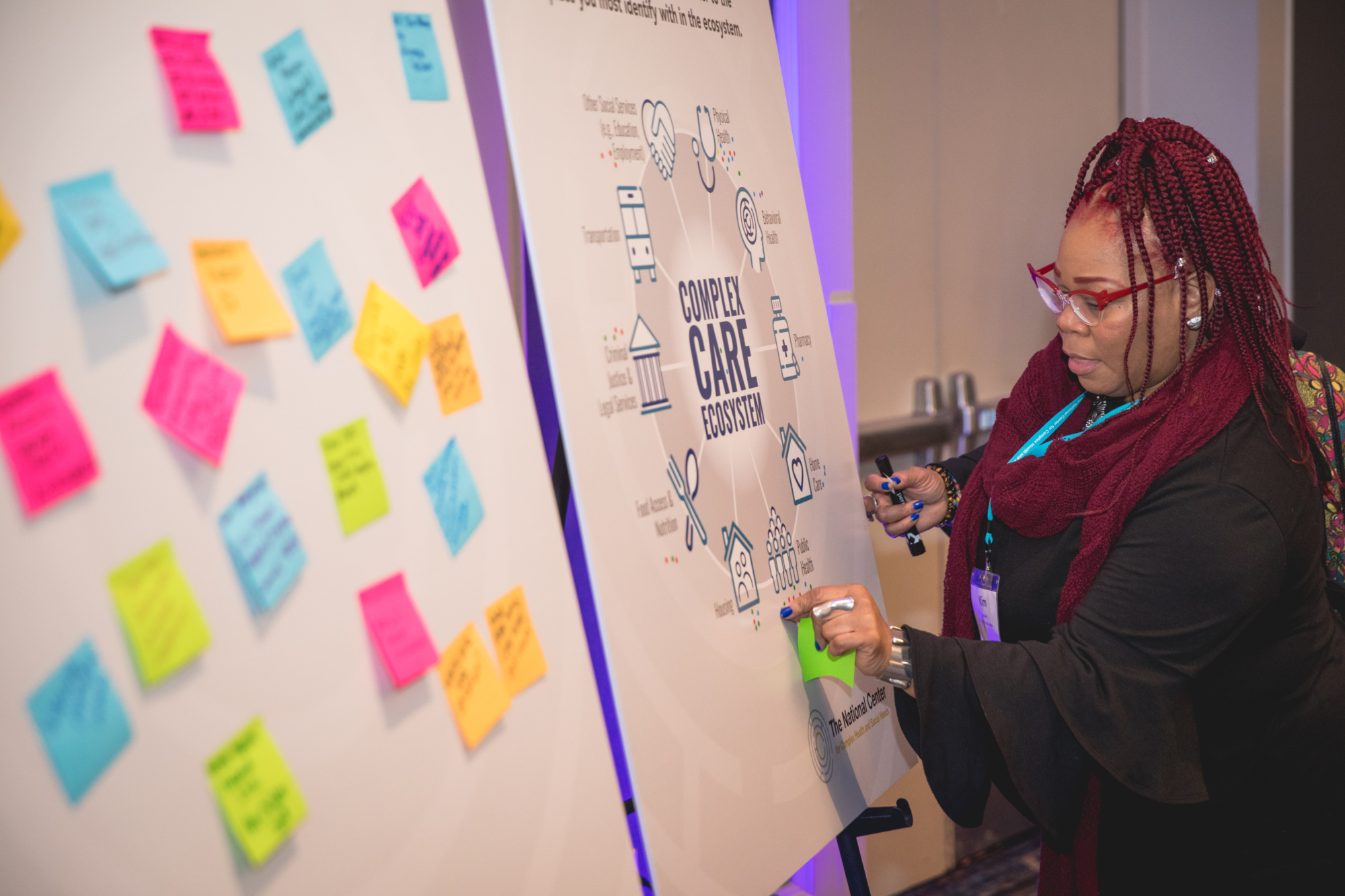Introducing the Complex Care Certificate
A comprehensive, online curriculum on person-centered, team-based care.


Most providers’ clinical training doesn’t prepare them to provide high-quality care to people with complex health and social needs.
As policies and requirements for addressing social determinants of health and health equity become more common in communities across the US, this gap in training puts them at a disadvantage.
The Complex Care Certificate is an online, self-paced curriculum that gives frontline providers of all disciplines — community health workers, social workers, nurses, physicians, case managers, and more — a solid foundation in providing person-centered, team-based care.
The Complex Care Certificate provides a common framework and shared language for interprofessional teams. It gives team members the tools they need to support the individuals they serve in meeting their own goals for improved health and well-being. And it builds teams’ capacities to address the social needs that impact patients’ health but that have long been thought of as outside the realm of healthcare.
By anchoring to real-world examples, learners become immersed in the realities of complex care work and practice their newly acquired skills in a way that reflects what they will encounter in the community. Offline interactive team activities help build collaboration and communication among team members.
The main surprise of this course is the possibility that functional complex care teams are able to thrive between organizations. In my experience, cross-organizational support can be difficult to navigate and often devolves into siloed care. It is hopeful that, as these needs become more addressable, the less red tape will exist between specialized organizations, clinics, and peer groups.Complex Care Certificate pilot participant
The nine courses that make up the Complex Care Certificate can be purchased individually or together as a single curriculum. The curriculum starts with a primer on complex care and is capped with a systems change project. Each course also includes a set of activities that teams can do together to apply the lessons to their population and setting, create a shared framework, and ensure common understanding.
The courses:
- Introduction to complex health and social needs
- Relationship-building in complex care
- Power and oppression in complex care
- Trauma-informed complex care
- Harm reduction in complex care
- Motivational interviewing in complex care
- Care planning in complex care
- Complex care delivery
- Collaboration and communication in complex care teams
If you want to learn more or are interested in training a large group of over 100 learners, please email us at [email protected].
Gaining proficiency in the complex care core competencies
The Complex Care Certificate is rooted in the complex care core competencies, a set of knowledge, skills, and attitudes required by all providers who work to provide holistic care to people with complex health and social needs.
The complex care core competencies have received support from the National Association of Social Workers, the Association of American Medical Colleges, the American Association of Colleges of Pharmacy, America’s Essential Hospitals, the National PACE (Programs of All-Inclusive Care for the Elderly) Association, and more.
If you’re looking to supplement the Complex Care Certificate curriculum with even more resources, be sure to check out our toolkit on core competency education and training.
I will make these courses mandatory for all new team members. Amazing tool for people with little experience in the complex care space.Complex Care Certificate pilot participant
Related blog posts
Establishing complex care core competencies
RELATE: Helping supervisors support their frontline staff — and prevent burnout
Complex care training in practice: Using the core competencies
Related resources



Implementing the complex care core competencies
A toolkit to guide education and training.
Building the complex care field Education & training Workforce development
I do, we do, you do: An antidote to the fix-it framework
Care management & redesign Education & training Workforce development
The coaching quartet: A tool for reflective supervision
Building the complex care field Care management & redesign Education & training Workforce development